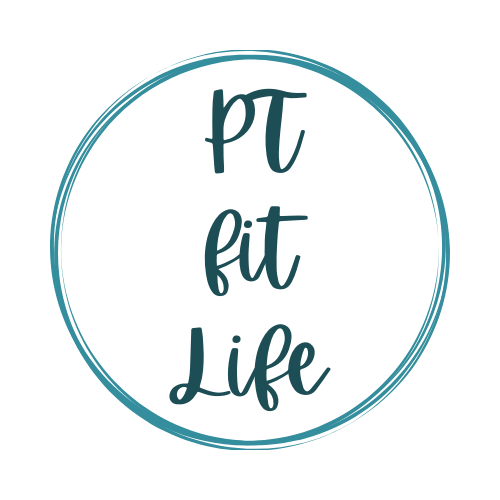I’ve been using this analogy, the “fire”, a lot in the clinic lately and it seems to be one that many patients grasp immediately. I’m using buttock pain that’s coming from the back as my example because I just saw someone like this the other day, and used this exact analogy. I’ve also use this for shoulders, and knees or any body part for that matter. Here’s how a typical conversation goes
Pt: ‘I have this pain in the butt [substitute any body part] and it just hurts. No matter what I do it just hurts.’
PT: ‘Is there anything that you can do to make it feel better?’
Pt: ‘No it just hurts all the time. It’s there all the time.’
PT: ‘Is there anything that you can do to make it worse?’
Pt: ‘No it just hurts…’
You proceed to finish your interview and start your physical exam and you find a movement or treatment that decreases the pain. You may choose to start educating the patient sooner and provide advice. This is where the analogy comes in handy.
PT: ‘So your buttock pain is like a “fire”. Anything you do that makes the pain worse is adding fuel to the fire and keeps it burning, and possible make it burn bigger. There’s two ways to make this fire smaller and hopefully eventually extinguish it. You can douse it with water or stop adding fuel to the fire. By not doing the things that makes your pain worse, you’re essentially not adding more fuel to the fire. Any time you try the unloading or traction or ice, you’re starting to douse the flames with water. Any time you start to feel the fire getting a little bigger, if you can continue to douse it, A) it won’t turn into bigger flames, and B) it might even getting smaller.’
Usually somewhere in the beginning to halfway through the analogy, you can see a light bulb go off in the patient’s eyes. Now the patient gets it: The pain won’t go away if I keep doing things that adds fuel to the fire, and I have to figure out how to “douse” it.
Hopefully this helps you in the clinic. What are some of your well used analogies in the clinic?
